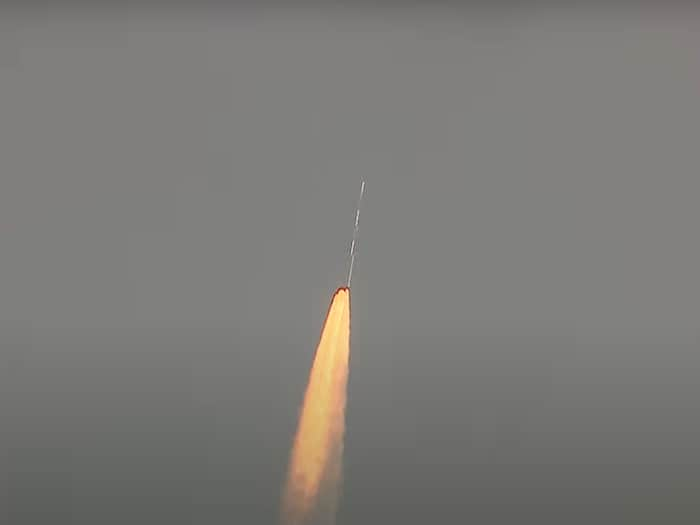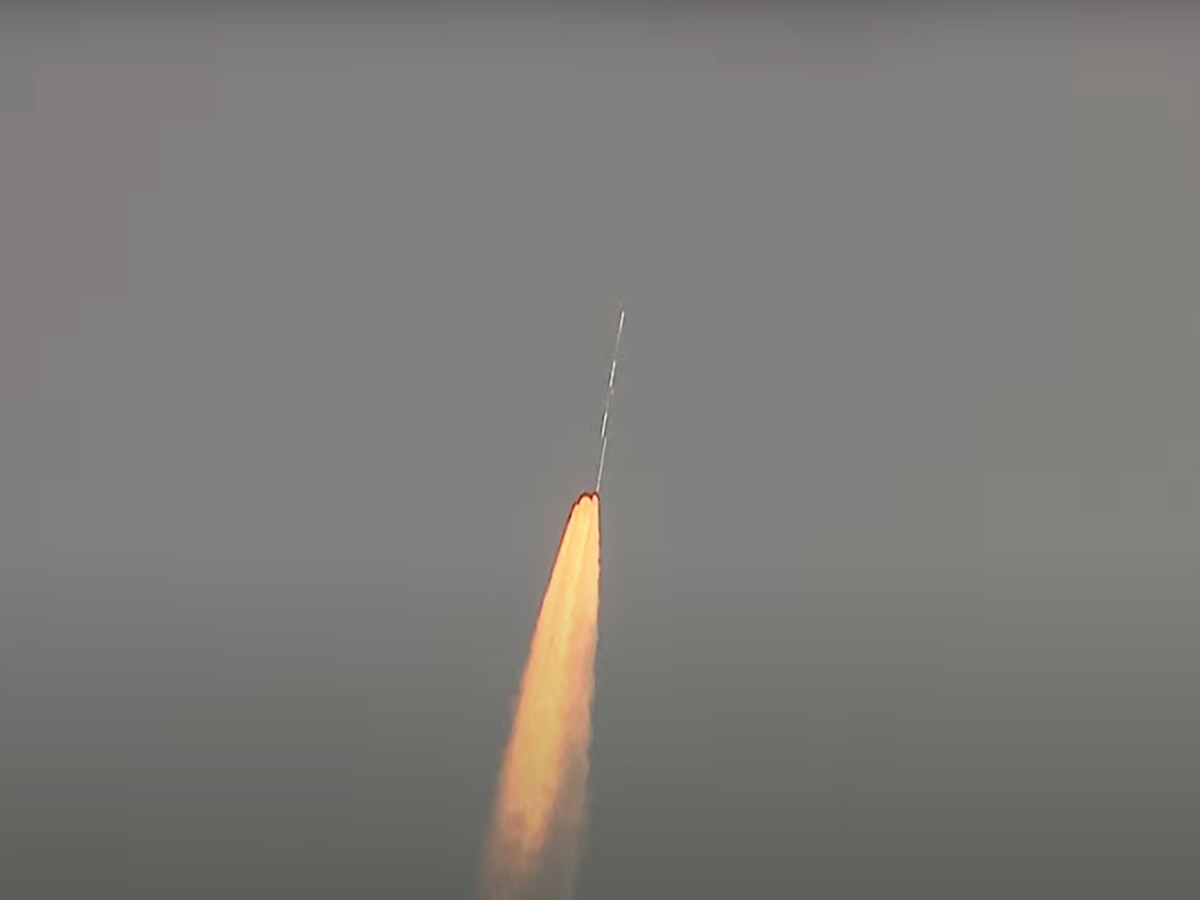ISRO to launch X-ray Polarimeter Satellite aboard PSLV-C58 today. The launch marks the country’s first dedicated scientific initiative to study the polarization of cosmic X-rays originating from celestial sources.

Sriharikota: The Indian Space Research Organisation (ISRO) is set to kick start the new year with a roaring launch of the Polar Satellite Launch Vehicle on Monday. The Indian space agency will launch the X-ray Polarimeter Satellite (XPoSat) aboard PSLV-C58, marking the country’s first dedicated scientific endeavour to study the polarization of cosmic X-rays from celestial sources. XPoSat, the primary payload and 10 other satellites will be launched into low-earth orbits from the Satish Dhawan Space Centre in Sriharikota at 9:10 am.
🚀 PSLV-C58/ 🛰️ XPoSat Mission:
The launch of the X-Ray Polarimeter Satellite (XPoSat) is set for January 1, 2024, at 09:10 Hrs. IST from the first launch-pad, SDSC-SHAR, Sriharikota.https://t.co/gWMWX8N6IvThe launch can be viewed LIVE
from 08:40 Hrs. IST on
YouTube:… pic.twitter.com/g4tUArJ0Ea— ISRO (@isro) December 31, 2023
XpoSat
It is the world’s second mission of its kind. Notably, American space agency NASA launched Imaging X-ray Polarimetry Explorer (IXPE) in 2021 to perform X-ray polarisation measurements within the soft X-ray band. On the other hand, ISRO’s Satellite, that will carry two payloads POLIX (Polarimeter Instrument in X-rays) and XSPECT (X-ray Spectroscopy and Timing), will operate within the medium X-ray band. As per the Indian space agency, POLIX will observe about 40 bright astronomical sources of different categories whereas XSPECT will study the electromagnetic spectrum generated by different matter.
The spacecraft will study neutron stars in new light and black holes while also trying to garner information about some of the most enigmatic features in the universe.
HOW TO WATCH PSLV-C58 LAUNCH WITH XPOSAT MISSION?
People can watch the live streaming of the launch on ISRO’s official YouTube channel.
Watch Here
Objective
Objectives of the mission are multifaceted which includes conducting long-term spectral and temporal studies, measuring the polarisation of X-rays emanating from cosmic sources and understanding the distribution of magnetic fields while studying the nature of accelerators in galactic cosmic X-ray sources.
Other Payloads
The PSLV Orbital Experimental Module or POEM is also carrying several experimental satellites from other private space companies. It is worth noting that, it is the spent fourth stage of the launch vehicle that would serve as an orbital platform for conducting scientific experiments with non-separating payloads.

